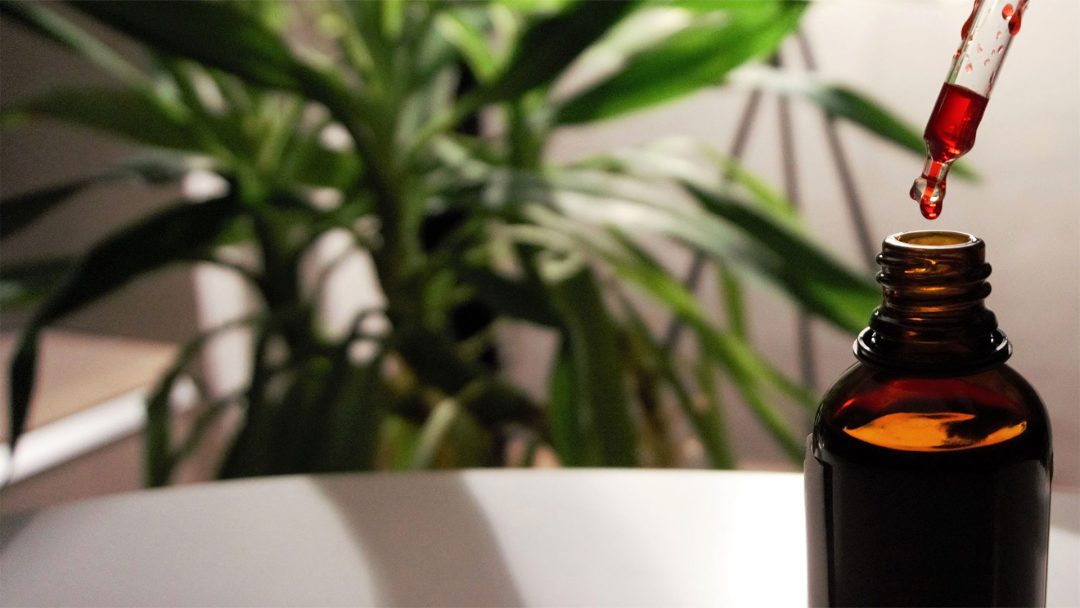Vitamin B12

Vitamin B12, also known as cobalamin, is a water-soluble vitamin and is involved in various processes in the body. Among other things, it is vital for the formation of the red blood pigment haemoglobin, which transports oxygen through the body. The metabolism of vitamin B12 is closely linked to folic acid. Large amounts of vitamin B12 can be stored in the body, which is why a vitamin B12 deficiency occurs gradually.
What is Vitamin B12?
Vitamin B12 is a water-soluble vitamin and an important co-factor for many metabolic processes. It belongs to the cobalamins and is found almost exclusively in animal foods. However, small amounts of vitamin B12 can also be produced by microorganisms in the intestine.
Vitamin B12 has the following functions:
- Formation of haemoglobin for the transport of oxygen in the blood
- Cell growth and formation of DNA
- Conversion of inactive folic acid into the active form
- Is involved in the breakdown of the amino acid homocysteine, which represents a potential risk for cardiovascular diseases
- Function and protection of the nervous system
- Involved in detoxification
Vitamin B12 is mainly found in meat, eggs and dairy products. Plant sources are mainly fermented foods such as sauerkraut (pickled cabbage). The fermentation process provides microorganisms that can produce vitamin B12. Nevertheless, vegetarians and vegans are recommended to take vitamin B12 supplements.
The most common signs of a vitamin B12 deficiency are fatigue and exhaustion. It is therefore advisable to have your own vitamin B12 status checked and take appropriate supplements.
Forms of Vitamin B12
Different forms of vitamin B12 are used in food supplements. These can be divided into synthetic and natural forms. If possible, you should always prefer the natural forms of vitamin B12.
Synthetic Vitamin B12 - Cyanocobalamin
Cyanocobalamin is the most commonly used form. It is purely synthetic, with aluminum and benzyl alcohol or phenyl alcohol being used for its production. Although these are only present in small quantities, they can have an adverse effect on sensitive people. The toxic molecule cyanide (hydrocyanic acid) is also released when cyanocobalamin is broken down. Here, too, the quantity is relatively small.
Since cyanocobalamin is synthetic, the body requires more effort and more steps to convert it into the natural and bioavailable molecular structures.
These aspects make cyanocobalamin not the first choice for vitamin B12 supplementation.
Learn more in the study “Cyanocobalamin“.
Natural Forms of Vitamin B12
Naturally occurring forms of vitamin B12 include adenosylcobalamin, methylcobalamin and hydroxycobalamin. These are preferable to cyanocobalamin because they are far more bioavailable and have lower toxicity.
All three forms work very well and have certain advantages depending on the individual situation.
Med. pract. Dana Hreus M.A.
It is advisable to leave the determination of the indication, the selection of the appropriate preparation and the setting of the dosage to an experienced doctor. An examination of important parameters in advance is important to avoid a physical imbalance when supplementing with vitamin B12.

Further information
The information listed contains relevant topics and serves to improve understanding.